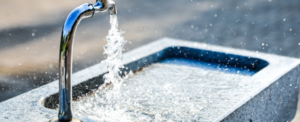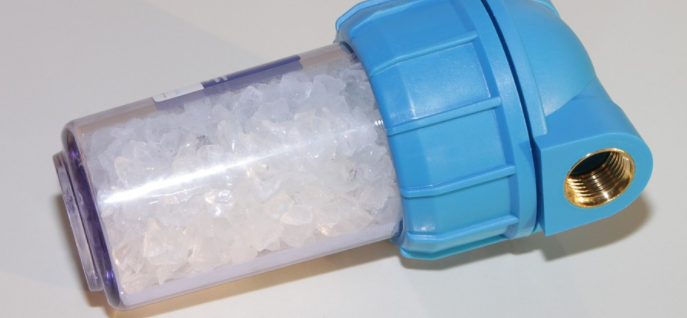There are many things to consider with salt-free water softeners. They are also known as water softeners. The next time you are looking salt-based water softener, be sure to get to know them up. You can expand your product selection and help you understand them.
Prevent Buildup in Pipes
 Salt-free water softeners do not “soften” water in the traditional sense. They do not remove dissolved minerals. They prevent buildup in pipes, dishwashers, washing machines, and other water-consuming appliances. Limescale deposits can form wherever water sits for an extended period, such as in your water heater. The traditional method of softening water is to run it through resin beads. The sodium in these resin beads and the calcium in the water are exchanged as the water passes through the beads. The water remains soft but is still full of sodium.
Salt-free water softeners do not “soften” water in the traditional sense. They do not remove dissolved minerals. They prevent buildup in pipes, dishwashers, washing machines, and other water-consuming appliances. Limescale deposits can form wherever water sits for an extended period, such as in your water heater. The traditional method of softening water is to run it through resin beads. The sodium in these resin beads and the calcium in the water are exchanged as the water passes through the beads. The water remains soft but is still full of sodium.
The minerals responsible for scale formation are no longer present. The scale cannot form in your pipes or you. It can lead to high levels of sodium in your water. While this is not harmful to most people, it can cause problems for those who need less sodium. It is also bad for the environment because it upsets the natural balance of sodium-rich water that returns to the water table. Water softeners, also known as salt-free water softeners, do not remove minerals.
Help Your Water Flows Easier
The crystals are small, smooth, and round. As you can see, these crystals do not stick well and are washed out of your water system without forming scale deposits. They can no longer stick and build up in pipes, boilers, showers, or faucets. All water that passes through these EMFs is affected within 2-3 hours. Salt-free water softeners do not soften the water. They change the properties and bonds of the crystals that form the lime. They are such that the crystals cannot stick together or get trapped and create scale. Now you have the information, and you need to decide if a salt-free water softener is right for you.

